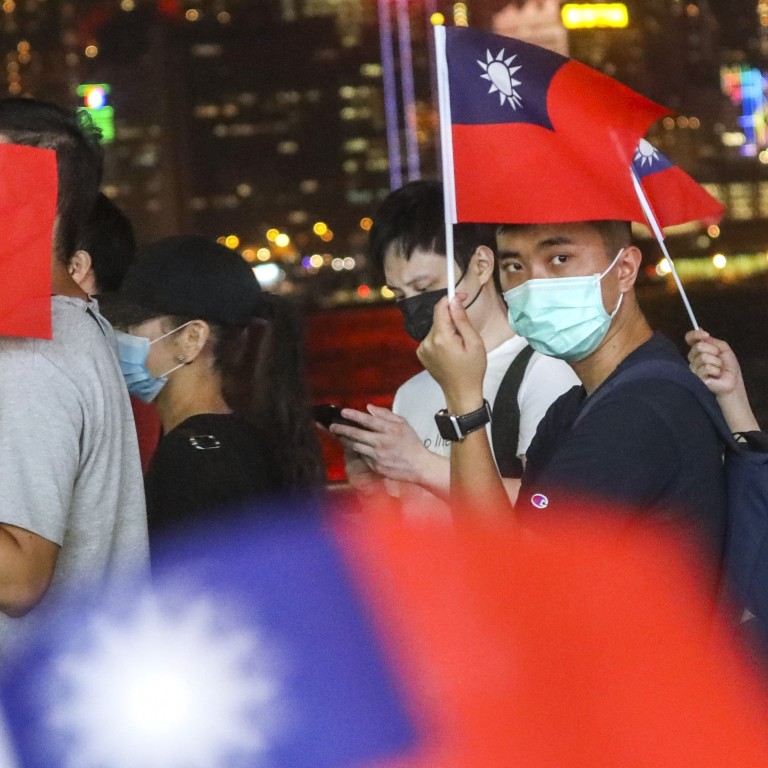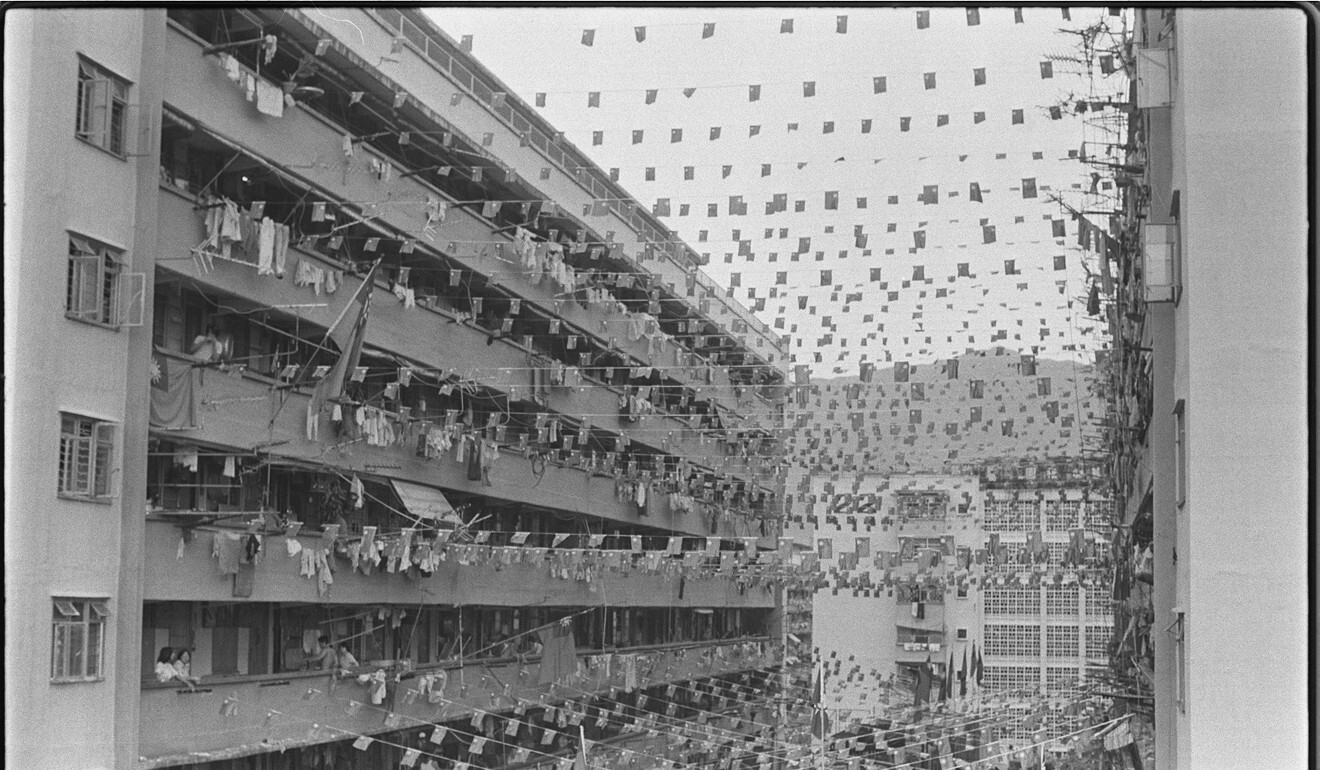
National security law: Hongkongers celebrating Taiwan’s Double Tenth public holiday risk secession charge, security chief warns
- Intent, reaction provoked among factors to be considered in determining if certain acts endanger national security, Chris Tang says in exclusive interview
- Past events in the city marking anniversary have seen the Taiwanese flag waved and nationalist anthems sung
Popularly known as the Double Tenth, October 10 is the anniversary of the start of the 1911 Wuchang uprising, which led to the establishment of the Republic of China in 1912.
The event continues to be commemorated by Kuomintang supporters in Taiwan and even in Hong Kong, where Taiwanese flags have been displayed and nationalist songs sung in locations such as a former revolutionary base in the New Territories.
In an exclusive interview with the Post, Secretary for Security Chris Tang Ping-keung said Taiwan was an inalienable part of China under the nation’s constitution, and that anyone attempting to alter that fact, or incite others to do so, risked arrest for secession and a potential life sentence.
Asked what behaviour would be considered illegal under the Beijing-imposed national security law, the minister said it was hard to single out a particular situation, but law enforcement would look at the act as a whole.
“We have to consider a basket of factors, such as the act itself, the intention and the environment, as well as what reaction it provokes in surrounding people,” Tang said.
Hong Kong national security law: ‘time is ripe for Article 23, countering spies’
“If you are intending [to separate Taiwan from China], no matter how hard you try to hide yourself, we will still find the evidence. On the contrary, if you have no such intention, you won’t commit such an act.”
He said acts that “might have been seen in the past as celebrations” were now on the radar of the police force’s National Security Department, which was prepared to take action if necessary.

Under Article 20 of the national security law, anyone attempting to separate Hong Kong or any other part of China from the country, or alter the legal status of those places unlawfully, can be charged with secession.
In recent years, Taiwan has increasingly asserted a separate identity from mainland China, with its current president, Tsai Ing-wen, telling the BBC in 2020 that the island was “an independent country already”.
Beijing considers Taiwan part of its territory, to be reunited with the mainland by force if necessary.
Hung Lau, or Red House – a revolutionary base inside Sun Yat-sen Garden in Tuen Mun – has historically been the most important site in Hong Kong for marking the Double Tenth.
Last year, about a dozen plain-clothes police officers checked the identity cards of visitors entering the garden.
Even then, organisers had already decided against displaying the Taiwanese flag at the site or other major events, fearing possible breaches of the security law.
Asked if authorities were looking into last year’s event, Tang said: “Anyone who committed the acts with the mentioned ill intent, should prepare to be arrested and prosecuted.”
The venue is a former revolutionary base of Sun Yat-sen, the founding father of the Republic of China. The 2019 edition of the event drew hundreds of people who sang nationalist songs and raised the Taiwanese flag.
The national security law imposed by Beijing in June last year bans subversion, secession, terrorism and collusion with foreign forces. To date, 153 people aged 15 to 79 have been arrested under the law, including media tycoon Jimmy Lai Chee-ying and a number of opposition lawmakers, with 95 prosecuted.
One person, who has since lodged appeals against the ruling, has been jailed for nine years for secession and terrorism, while two others have pleaded guilty ahead of trial.

The past two months have seen a wave of long-standing Hong Kong opposition groups disband amid police investigations into their activities.
Tang said that while authorities had arrested a number of key suspects who allegedly incited others to harm the city’s security, the “dark forces” spreading hatred of the government had yet to be completely uprooted.
He also repeated his previous public suggestion that opposition-leaning groups which disbanded of their own accord were doing so to avoid police scrutiny.
“If they think they were law-abiding all along and did not break the law, then they should respond to our inquiries or explain themselves in court,” he said. “I guess there are reasons these groups dissolved. Maybe they fear we would find out more evidence?”

